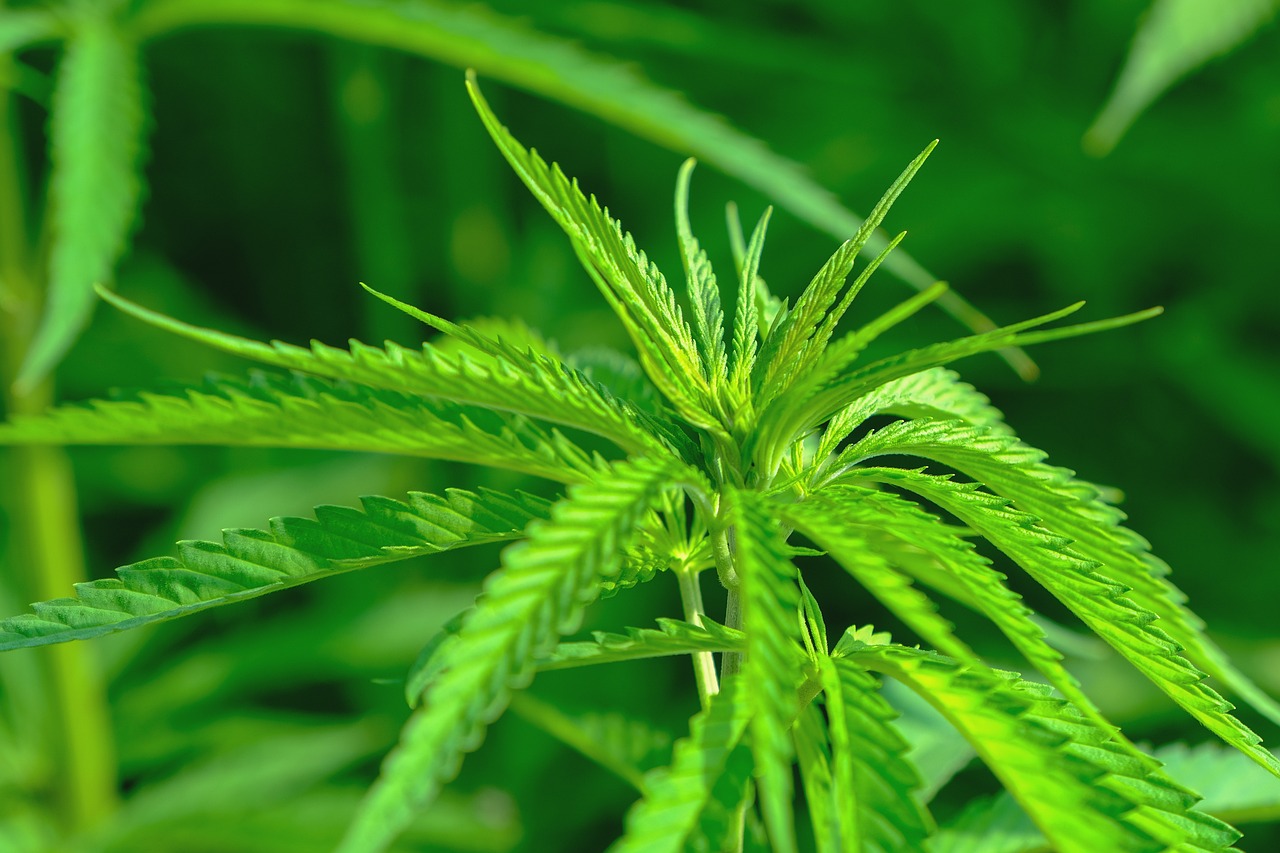In recent years, the interest in natural alternatives to traditional prescription medications has grown significantly. Among these alternatives, Delta-8 THC has emerged as a promising option. This compound, derived from hemp, offers potential therapeutic benefits without the intense psychoactive effects associated with its more famous cousin, Delta-9 THC. This article explores the potential of Delta-8 THC as a natural alternative to prescription medications, examining its benefits, legal status, and real-world applications.
Understanding Delta-8 THC
Delta-8 THC is a cannabinoid found in the cannabis plant. It is chemically similar to Gelato Delta 8 Vape Cartridge for stress relief, the compound responsible for the “high” associated with marijuana. However, Delta-8 THC is less potent, offering a milder psychoactive experience. This makes it an attractive option for those seeking the therapeutic benefits of THC without the intense effects.
How Delta-8 THC Works
Delta-8 THC interacts with the body’s endocannabinoid system, which plays a role in regulating various physiological processes. By binding to the CB1 receptors in the brain, Delta-8 THC can influence mood, pain perception, and appetite. This interaction is believed to contribute to its potential therapeutic effects.
Potential Benefits of Delta-8 THC
Research into Delta-8 THC is still in its early stages, but preliminary studies and anecdotal evidence suggest several potential benefits:
- Pain Relief: Delta-8 THC may help alleviate chronic pain by reducing inflammation and modulating pain signals.
- Anxiety Reduction: Users report feeling calmer and more relaxed, making it a potential option for managing anxiety.
- Appetite Stimulation: Similar to Delta-9 THC, Delta-8 may increase appetite, which can be beneficial for individuals with eating disorders or undergoing treatments like chemotherapy.
- Nausea Control: Some studies suggest that Delta-8 THC can help reduce nausea and vomiting, particularly in cancer patients.
Legal Status of Delta-8 THC
The legal status of Delta-8 THC is complex and varies by region. In the United States, the 2018 Farm Bill legalized hemp-derived products containing less than 0.3% Delta-9 THC. This has led to the production and sale of Delta-8 THC products, as they are derived from hemp. However, some states have enacted their own regulations, banning or restricting Delta-8 THC. Consumers should be aware of their local laws before purchasing or using these products.
Real-World Applications and Case Studies
Several case studies and user testimonials highlight the potential of Delta-8 THC as a natural alternative to prescription medications:
Case Study: Chronic Pain Management
One case study involved a patient with chronic back pain who had been using prescription opioids for relief. After switching to Delta-8 THC, the patient reported significant pain reduction and improved quality of life without the side effects associated with opioids.
Case Study: Anxiety and Stress Relief
Another case study focused on an individual with generalized anxiety disorder. The patient began using Delta-8 THC gummies and experienced a noticeable decrease in anxiety levels, leading to better sleep and overall well-being.
Considerations and Precautions
While Delta-8 THC shows promise, it is not without potential drawbacks. Users should be aware of the following:
- Side Effects: Some users may experience dry mouth, red eyes, or dizziness.
- Drug Interactions: Delta-8 THC may interact with certain medications, so consulting a healthcare professional is advisable.
- Quality and Purity: The market for Delta-8 THC is largely unregulated, making it important to purchase products from reputable sources.
Conclusion
Delta-8 THC presents an intriguing option for those seeking natural alternatives to prescription medications. Its potential benefits in pain relief, anxiety reduction, and appetite stimulation make it a versatile compound. However, consumers should remain informed about its legal status and potential side effects. As research continues, Delta-8 THC may become a more widely accepted component of holistic health practices.
